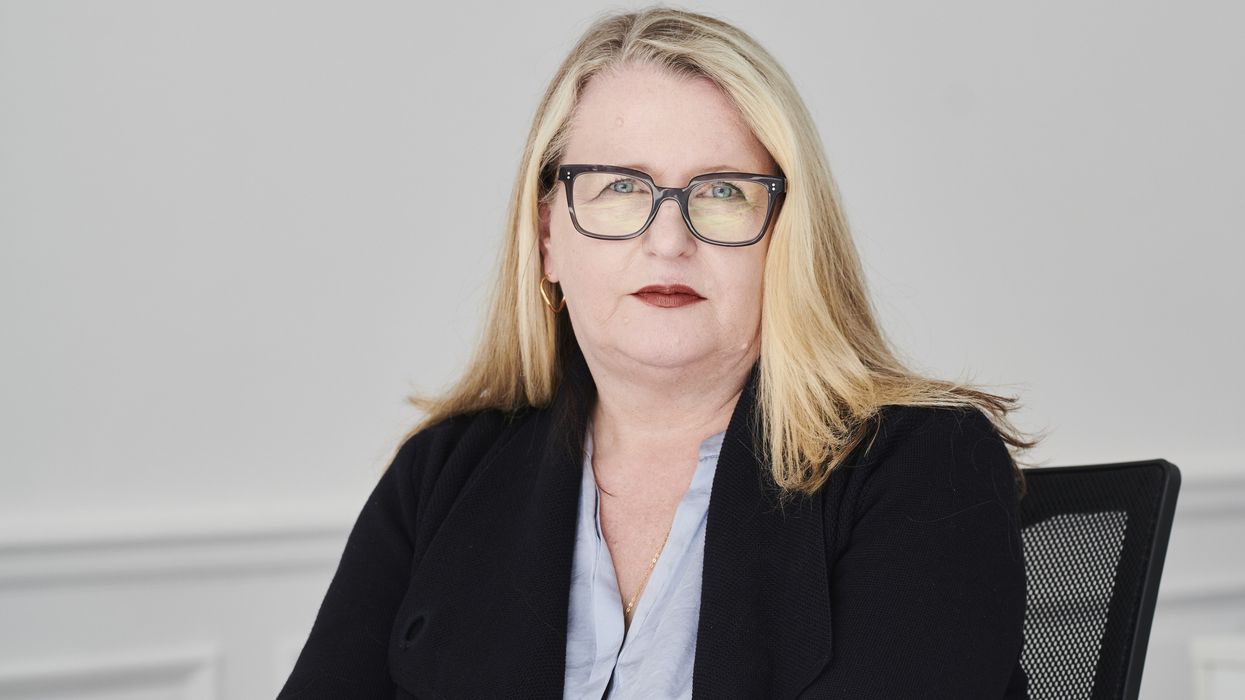RPS England Chair Tase Oputu urged the government and NHS to focus on accelerating the adoption of electronic prescribing in hospitals.
Community Pharmacy England (CPE) has expressed dissatisfaction with the spring budget as it brings “no specific relief” for the community pharmacy sector, which is grappling with “soaring costs and severe medicine supply and pricing issues.”
UK Chancellor Jeremy Hunt announced his Spring Budget on Wednesday, confirming an extra £2.5 billion in day-to-day revenue funding for the NHS in England in 2024–25 and a new NHS productivity plan worth £3.4bn to modernise IT systems.
The Chancellor said that day-to-day spending would grow by 1 per cent per year on average in real terms, and the productivity plan is estimated to “unlock £35 billion worth of savings” from 2025-26 to 2029-30.
However, CPE chief executive, Janet Morrison commented that the budget has “no obvious good news” for community pharmacies who need “urgent relief from the ongoing unsustainable funding and operational pressures” they are facing.
Morrison described the investment in Pharmacy First as “the most significant investment in pharmacies in a decade”, but emphasised the need for further support to stabilise the sector and its core contractual arrangements.
“If the one per cent annual growth in day-to-day NHS spending is applied across primary care this will do little to fill pharmacy’s core funding gap.
“And while the NHS productivity plans may theoretically add some efficiencies across primary care, it remains to be seen if this will bring any real benefit to pharmacies: the devil will be in the detail, and this will not provide the silver bullet that pharmacies so desperately need,” she said.
Morrison reiterated that further investment in community pharmacies would be good for businesses, high-streets, patients, the public and the wider NHS.
She also warned the NHS and government of the devastating consequences if they continue to allow pharmacies to close.
Tase Oputu, Chair of the Royal Pharmaceutical Society (RPS) England, welcomed the proposed NHS productivity plan, but she said it should also focus on “accelerating the adoption of electronic prescribing in hospitals”, alongside universal electronic patient records and transfers of care.
“The roll-out of Pharmacy First has also shown just how important it is for pharmacists to be able to update a clinical record wherever they work and it is vital this is achieved as soon as possible.
“Efforts to reduce the time frontline workers spend on administrative tasks should consider steps to address the increasing amount of time that pharmacists and GPs spend managing medicines shortages,” she said.
She urged the government and NHS to provide greater clarity on the next steps for the NHS Long-Term Workforce plan and how it will support recruitment and retention.
Oputu suggested that the workforce plan should include enabling pharmacy students to access the Learning Support Fund alongside other health professions.













